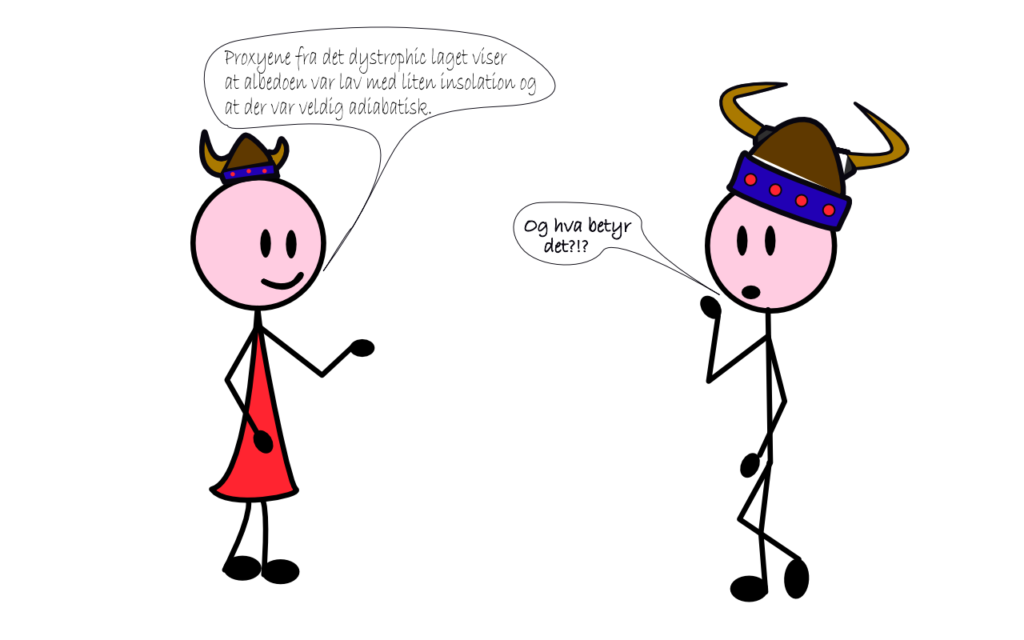 What does proxy mean? For a native English speaker, it might be a word that is known, but not often used. For a non-native English speaker like a Norwegian, such words that are often used in scientific English but not in everyday language might be confusing. These words are also often not easy to translate either. They might have specific meanings in different scientific fields, or even sub-fields. Therefore, it can be challenging to translate and explain science to laymen in your own language. The Norwegian language council has therefore started the terminology project, to create a list of words used by us scientists with a short description of the meaning and alternative usages. And they have gather several groups of scientists in different fields to do the job. But why do we not have Norwegian words already and why do we need this project?
What does proxy mean? For a native English speaker, it might be a word that is known, but not often used. For a non-native English speaker like a Norwegian, such words that are often used in scientific English but not in everyday language might be confusing. These words are also often not easy to translate either. They might have specific meanings in different scientific fields, or even sub-fields. Therefore, it can be challenging to translate and explain science to laymen in your own language. The Norwegian language council has therefore started the terminology project, to create a list of words used by us scientists with a short description of the meaning and alternative usages. And they have gather several groups of scientists in different fields to do the job. But why do we not have Norwegian words already and why do we need this project?
Even though Norwegian is one of the top 200 used languages out of over 7100 registered languages in the world, it is a small language. Also, English is together with a large amount of Latin and Greek words turned English, science’s lingua franca. Consequently, it is easier for us Norwegian speaking scientists to just learn the English terminology instead of creating words in our own language. It saves a lot of effort to just go with the English words. We only need to learn one set of terminology. While this is good for spreading the knowledge throughout the scientific world, it is not good for an active, popularised discussion in a non-English speaking country.
Most Norwegians pride themselves with their English knowledge, but that does not mean that they have the mastery of scientific English. For a Norwegian, most words in English will not be self-explanatory, especially words that have been incorporated into the English dictionary from Latin or Greek which is very common in science. So, for us scientists to use the vocabulary that we use in our scientific articles in outreach activities would defeat the purpose. I have many times read popular science articles in Norwegian that either uses a lot of Norwenglish or need to go to extraordinary lengths explaining the terms used. Both types of texts make for a poor reading.
But it is not only for the public that we should create a list with terminology in Norwegian. For us scientists it will also be helpful as we do not always have the best understanding in English ourselves. If we start digging into something that is on the fringes of our current speciality it will be much easier to learn it if there exists a good word in Norwegian. In a list like the ones created by the language council’s groups, there will also be included different meanings and usages, which makes it a great asset when working in an interdisciplinary group.
We have now launched the first climate list on Termwiki.no. But our task is not done. There are many words that need to be translated if we are to replace the English words that we use as proxies for proper Norwegian ones. Even though Norwegian is small, we will do our best to help keep it alive in science and research.







